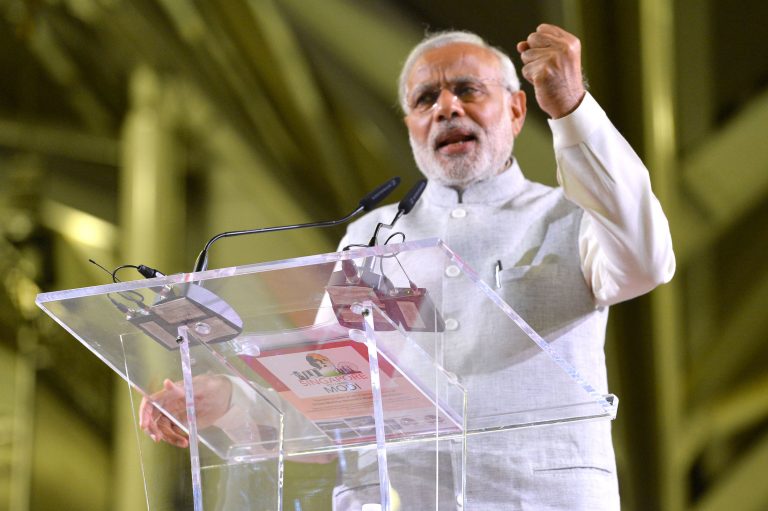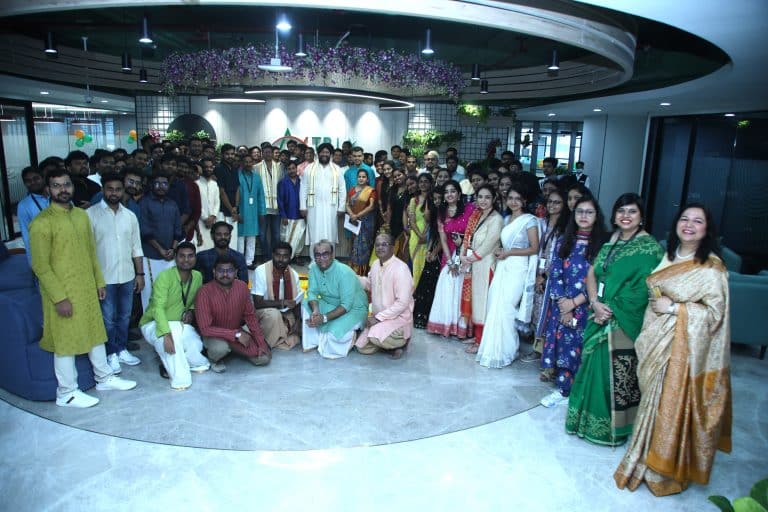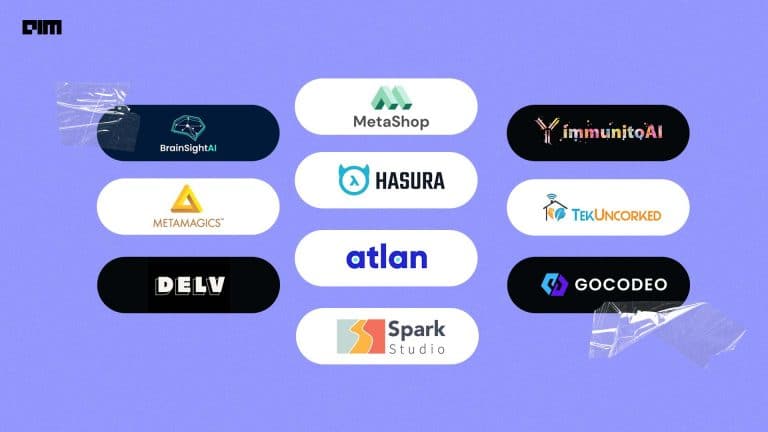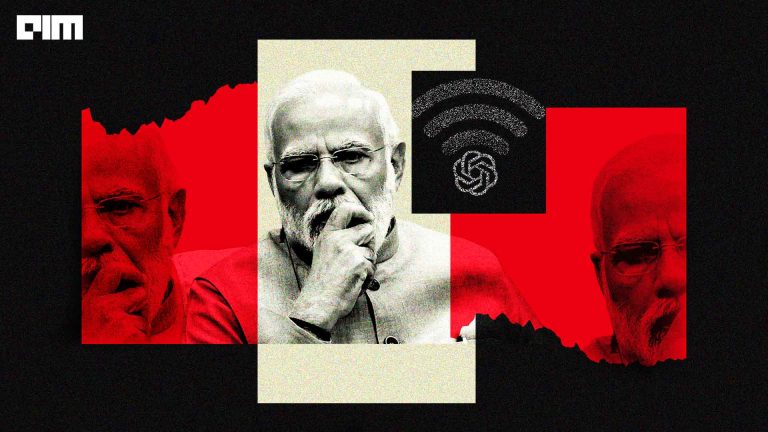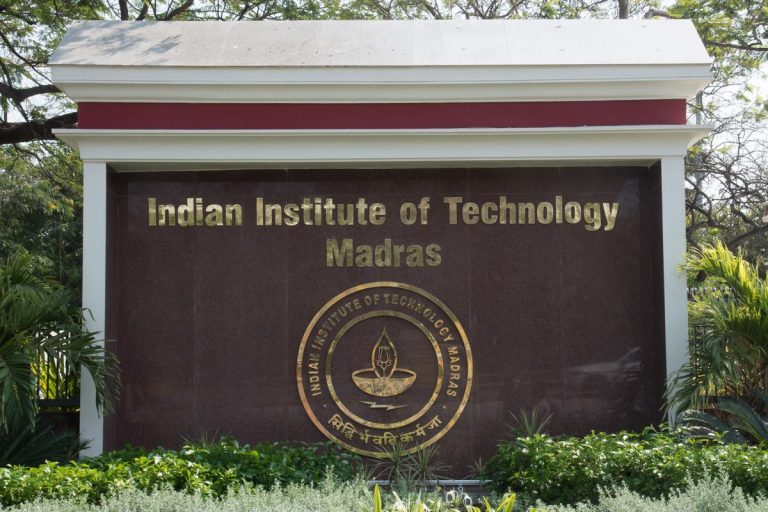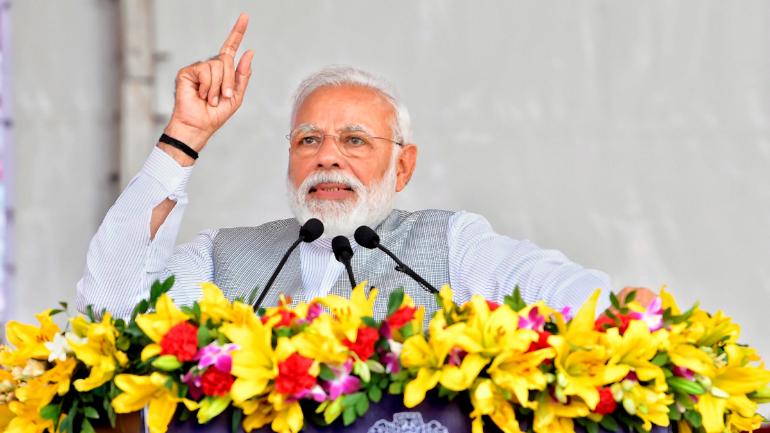 The Bharatiya Janata Party’s (BJP) euphoric win in the 2019 Lok Sabha elections means that Narendra Modi will be India’s Prime Minister for a second term. However, along with the absolute win came the massive expectations from the startup ecosystem. Startup founders and VCs are clamouring for a simplified tax structure, improved bureaucracy and more state investment in startups.
The Bharatiya Janata Party’s (BJP) euphoric win in the 2019 Lok Sabha elections means that Narendra Modi will be India’s Prime Minister for a second term. However, along with the absolute win came the massive expectations from the startup ecosystem. Startup founders and VCs are clamouring for a simplified tax structure, improved bureaucracy and more state investment in startups.
India Inc. has expressed their concerns over the sweeping reforms made under the last term of Modi’s candidacy. Regulations have seen startup ecosystem mainstays such as angel tax take a hit; a point of contention for many startup founders and managers. In addition to this, the all-encompassing compliance for the goods and services tax has also turned out to be a pain point for startups and enterprises alike.
While these remain big issues for founders, VCs face a huge problem in existing angel tax regulations. With Modi coming to the term for another term, the general expectation from investors is that angel tax regulations will be loosened. Startups are expecting Modi to change the landscape and make India one of the premier markets for innovation.
With a potential for growth, a young workforce and lots of markets that need innovation, India has the ingredients for a healthy startup ecosystem. As the last term carried with it many allowances and funding for startups, the expectations for this term is to build an ecosystem to streamline business frameworks.
Analytics India Magazine reached out to various players in India Inc. to know more about their expectations from this year’s Budget.
Check out the industry’s sentiments below:
Mayur Saraswat: Head of Digital, IT & Telecom Vertical, Teamlease Services.
The expectation of the start-up industry from the upcoming budget is very high, especially as the industry is at an influx point. The startup ecosystem had attracted an FDI worth USD 239 billion in the last five years and has made India the second largest start-up hub in the world. The industry is hopeful that the upcoming budget will have policies and recommendations that will further strengthen the inflow.
One of the key areas that can aid in this is clarity with regard to the taxes and the compliances that a start-up needs to adhere to. Apart from easing the financial burden, the clarity on taxes and the regulatory process will reduce the wastage of resources, smoothen the process and improve compliance. Clarity will improve the confidence of investors in the ecosystem. Further, the government should look at investing in a National Centre for Artificial Intelligence (AI) as it will help in setting up a data, skilling, re-skilling as well as research platforms, thereby helping to solve legal, regulatory and cybersecurity challenges.
It will also look at how AI can be used in health care, education, and agriculture from a public systems delivery perspective. The investment in the national centre will also boost the segment and will bring efficiency and more jobs.
Another aspect wherein intervention is required is the latest E-commerce policy, as the amendments to it is crucial to protect the interest of dependents or impacted parties. Though e-commerce players have started removing products from their websites and complying with changes, the move may decelerate the growth of the sector.
Mahesh Makhija: Partner and Leader, Digital and Emerging Tech, EY.
With the goal of making India a $5trillion economy by 2024, the government is likely to introduce measures in the budget to encourage the growth of start-ups, especially in new growth industries like AI and machine learning. We would expect the government to further expand on the measures announced in the interim budget and allocate additional funds to support deep tech segments like AI, Robotics and Machine Learning.
Kushal Nahata: CEO & Co-Founder of FarEye.
Budget 2019 should include regulations that will drive organisations to digitalise key logistics and supply chain processes. For instance, by mandating digitalisation of certain key accounting, billing, and logistics processes the government can ensure greater levels of compliance (especially with regard to environmental sustainability) and tackle corruption better. Also, this year’s budget should highlight the current state of eWay bill adoption.
The pace of development of some crucial infrastructure remains slow. There is a need to speed up the development process of projects like the Dedicated Freight Corridor (DFC). We are also expecting announcements with regards to building integrated transportation hubs or Multi-Modal Logistics Parks.
The government can plan to introduce special windows to help logistics startups compete with large technology providers when it comes to winning government tenders. Also, there is an urgent need to simplify GST, especially with regards to the logistics industry.
Once multiple types of businesses are brought under an organized trade structure, supply chain organizations will be able to deliver a better value proposition to customers and hence boost revenue collections for the government. Deploying a uniform GST rate across the country is another initiative that the government needs to talk about in this year’s budget.”
Supaul Chanda: Business Head, Digital, Teamlease Services.
Budget expectations for the technology sector are three-pronged- boost production, encourage skilling and simplify regulatory requirements. The Government has taken a much-needed step via Make in India, but this initiative needs to be taken further by giving an additional boost to companies manufacturing electric devices, components and providing tax benefits to companies setting up local R&D centres.
Amongst the biggest lacuna across the Indian IT industry, today are lack of skilled personnel- any initiatives focussing on this would be appreciated. Lastly, on the regulatory front, the government should focus on creating a more robust IT policy especially for regulating IT privacy laws and Blockchain so there is clarity for companies working with new age technologies to set shop in India.
Gurprit Singh: Managing Partner and Co-Founder at Umbrella Infocare.
We expect drastic announcements in this budget from Modi 2.0 government to Improve business growth and overall sentiments to achieve the vision of USD 5 Trillion economies by 2025 and the third largest economy by 2030.
We expect reducing Income Tax for corporations and individuals, up to a maximum slab of 25% for all, make equity more tax-friendly by removing STT (this will pump in more liquidity in the system internally and through foreign investment),
We also encourage investment in R&D to make India a high-value producer of goods and services, and the creation of friendly policies for sectors like IT, Tourism and more,
Rashi Gupta: Chief Data Scientist & Co-founder, Rezo.AI
Startups contribute substantiate growth to the economy. Hence, we urge the government to make early stage and growth capital more easily accessible for startups. Also, relaxation in the regulatory compliance procedures and development of incubation centres to aid employment generation and spur growth will open dynamics for startups to propel.
Since one of the major challenges faced by startups is on regulatory and compliance front, therefore, regulations should be made more friendly for startup companies and compliance regulation should ease.
Neel Juriasingani: CEO & Co-founder, Datacultr
We believe that the funds allocated for the startups in the budget should be easily accessible to the startups incubated by the central or the state government. Besides, we expect that with the new budget, the government will introduce easy early stage funding and grants for tech start-ups working in the space of digital and financial inclusion.
The government should also make sure that startups have a level playing field with other companies, more particularly listed companies where they can participate and win tenders for central and state government projects.
Another key area that the GoI needs to address is GST compliance. We also expect the government to reduce tax rates creating a more welcoming ecosystem for the industry players. Policy regulations like these will allow entrepreneurs to devote their time, energy and resources to gain success and build upon more innovative ideas.




